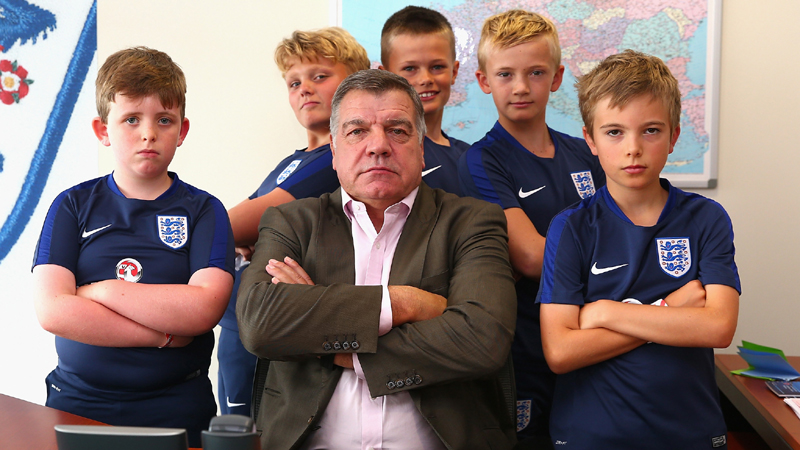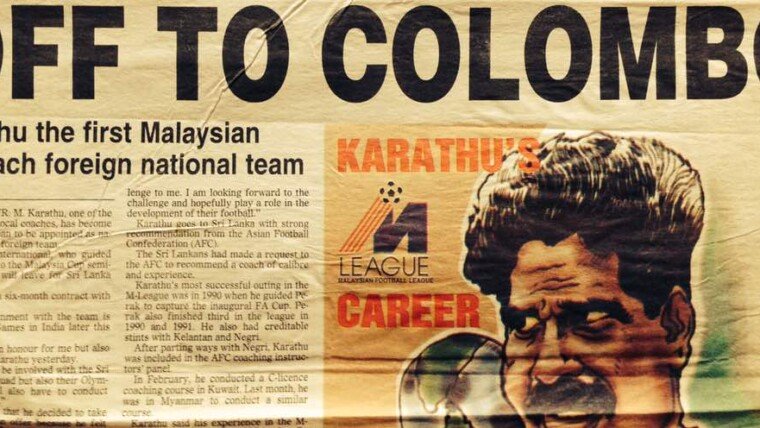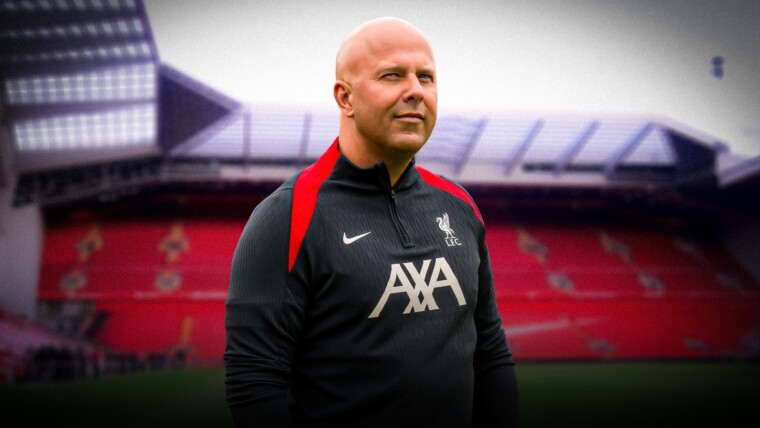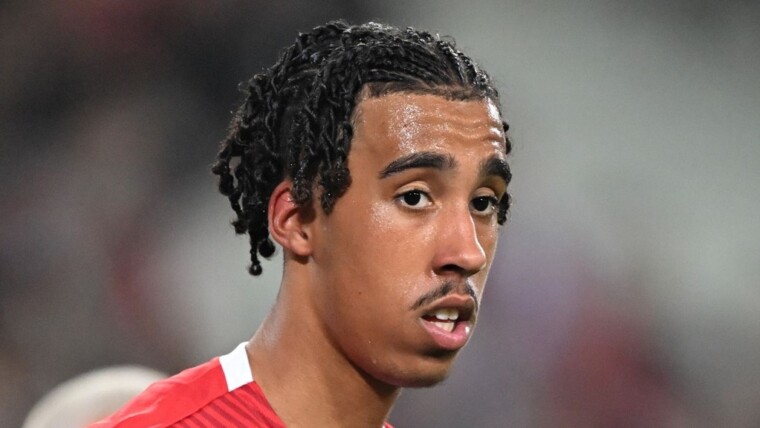One of the more annoying elements of the aftermath of England’s inept Euro 2016 campaign was how keen the FA were to stress that no stone would be left unturned in their hunt for the next manager. Given that outgoing boss Roy Hodgson virtually needed dragging into the media room to give a view on why England had gone out of the tournament to Iceland, you had this bizarre spectacle of more energy being devoted to the supposed virtues of the search for a new manager than explaining why a new manager were needed. Some might say such misplaced priorities hint at why England were in such a mess in the first place.
The other reason why talking up the search seemed daft was because it took only a cursory, 10-second glance through the list of candidates to see that Sam Allardyce was the outstanding contender. Jurgen Klinsmann, Steve Bruce and others were mentioned, but it was fairly obvious that Allardyce’s strong Premier League track record, innovative approach to his occupation and respect within the game made him the ideal choice.
Which is why criticism and even surprise in some corners at his appointment was so perplexing. The England job is hardly going to appeal to the world’s leading managers, is it? And a big-name foreign appointment? Well, look how Fabio Capello worked out. There is no definitive list of criteria for the England post – how could there be, given the team’s relative lack of success over the past two decades? – but Allardyce ticked more boxes than anyone else.
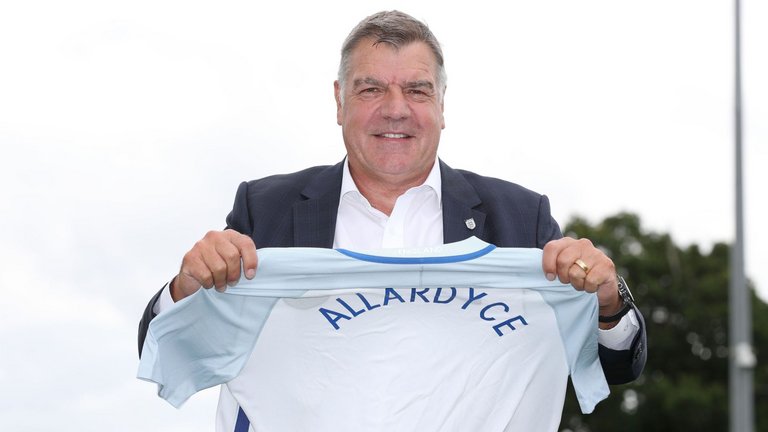
Down the years he has done a good job in most of the places that he has worked yet still seems to get more than his fair share of stick. He is, for example, often ridiculed for a statement he made back in 2012, when he said he would be overlooked for a top-four job in the Premier League because his name is Allardyce rather than Allardici. His implication was that the biggest jobs in English club football go only to foreign managers.
It’s daft that this throwaway line has been used as a stick to beat him with for two reasons. The first reason is that at the time, Allardyce immediately said that his comment was tongue in cheek. So given that he didn’t really mean it, it shouldn’t really be quoted at all.
The second reason is that he actually had a point. Perception continues to be given too much importance in football – and when it comes to Allardyce, there is a clear difference between perception and reality.
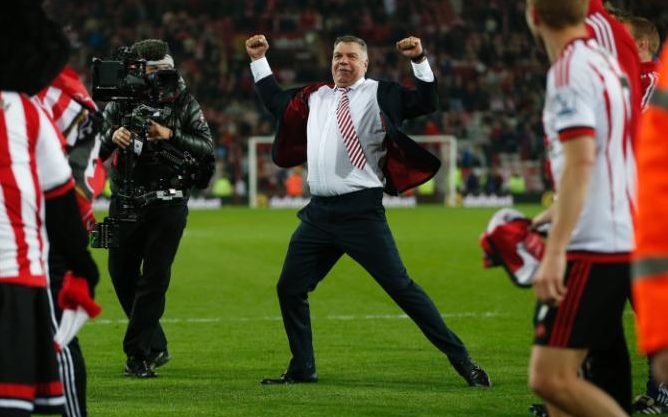
Listening to and looking at Allardyce, a lot of supporters seem to think he is a throwback to a bygone era. Unmistakeably English in voice and appearance, he is less suave than Jose Mourinho in a suit, and perhaps reminds people of a time when virtually everybody working in English football hailed from the British Isles. The fact he built his reputation at unfashionable Bolton Wanderers merely adds to the sense that he is an outdated man of the past.
Nothing could be further from the truth. In many ways Allardyce has played a pioneering role among home-grown managers in the Premier League as a man open to new ideas and ready to take on new methods in order to try to get an edge. He was an early adopter, for example, of detailed statistical analysis in order to improve his team’s performances. He has spoken openly about his personal use of transcendental meditation to help him cope with the pressures of the job. Several players have spoken about his willingness to look at things from different angles in order to try to improve results.
These facts alone don’t make him a good manager – but they show there is a lot more to him than the caricature would have you believe. Which goes back to the original point: if he were called Allardici, he probably would be rated higher by certain sections of the media.
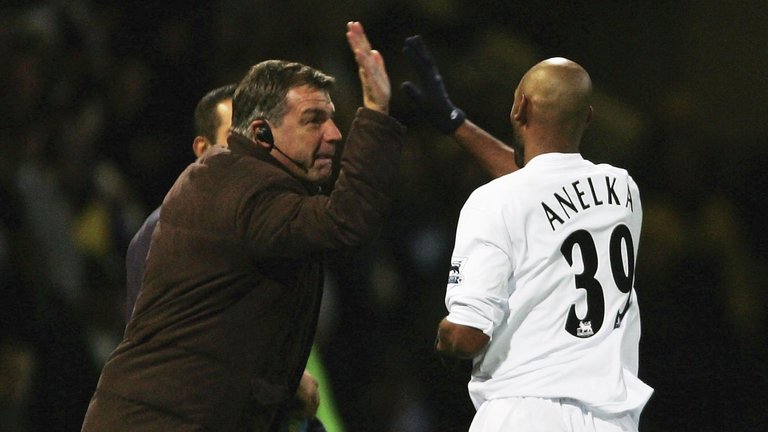
In any case, whatever you think of Allardyce, he always has Bolton to fall back on. With the passing of time his achievements at Wanderers look even more impressive. In charge from 1999 to 2007, he led the club to promotion to the Premier League, kept them there against all odds and then went on to guide them to three consecutive top-eight finishes, a run that saw European football being played at the Reebok Stadium.
These days, with Bolton Wanderers languishing in League One – English football’s third tier – the heights the club reached under Allardyce look even more remarkable. By tempting high-class stars such as Youri Djorkaeff, Fernando Hierro and Ivan Campo to Bolton – a club they had probably never heard of before Allardyce came calling – the new England manager underlined not only his powers of persuasion but also the scope of his ambition and willingness to take a risk where others would have hesitated.
Now installed in his new post, Allardyce takes charge of England for the first time when they face Slovakia in their opening 2018 World Cup qualifier on Sunday. He named his first squad last weekend and there are clear signs of common sense and logic in his selection.
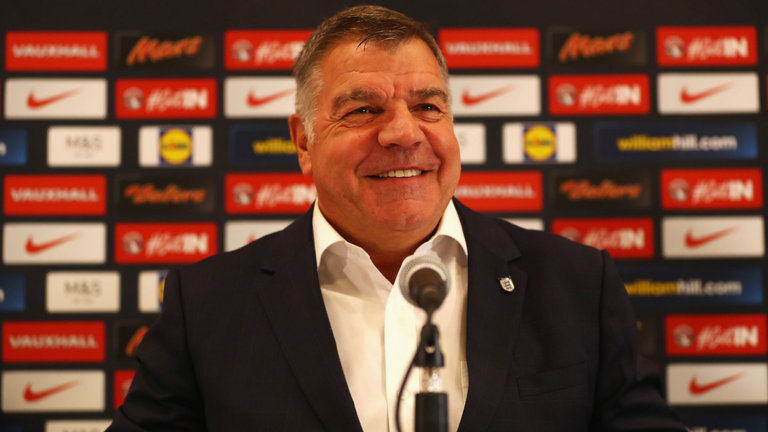
Unlike Hodgson – whose bizarrely unbalanced 23-man party was one of the causes of England’s downfall at Euro 2016 – Allardyce has tried to pick two players for every position. Seeing Wayne Rooney as a no.10 rather than a no.9, he has left Ross Barkley out of the squad (Rooney and Dele Alli are the no.10s). Given that Barkley didn’t get a minute’s action at Euro 2016, it is hard to argue with that choice.
A search for balance is also the reason Theo Walcott has been recalled. The Arsenal winger/striker may be frustratingly inconsistent, but he’s not as frustrating as the fact that England went to Euro 2016 with 4-3-3 as one of their primary formations, yet had only one natural winger (Raheem Sterling) in the squad. England supporters and the media have often pleaded in the past for the manager to pick the best team, rather than the best players. Allardyce is clearly trying to do that.
There is no way of knowing how England will do under Allardyce – and given England’s poor track record in international competition in recent decades it would be foolish to predict a major improvement on his watch. But he unquestionably looks the best man for the job – so let’s give him time, and see what he can do.
Other posts by James Eastham

